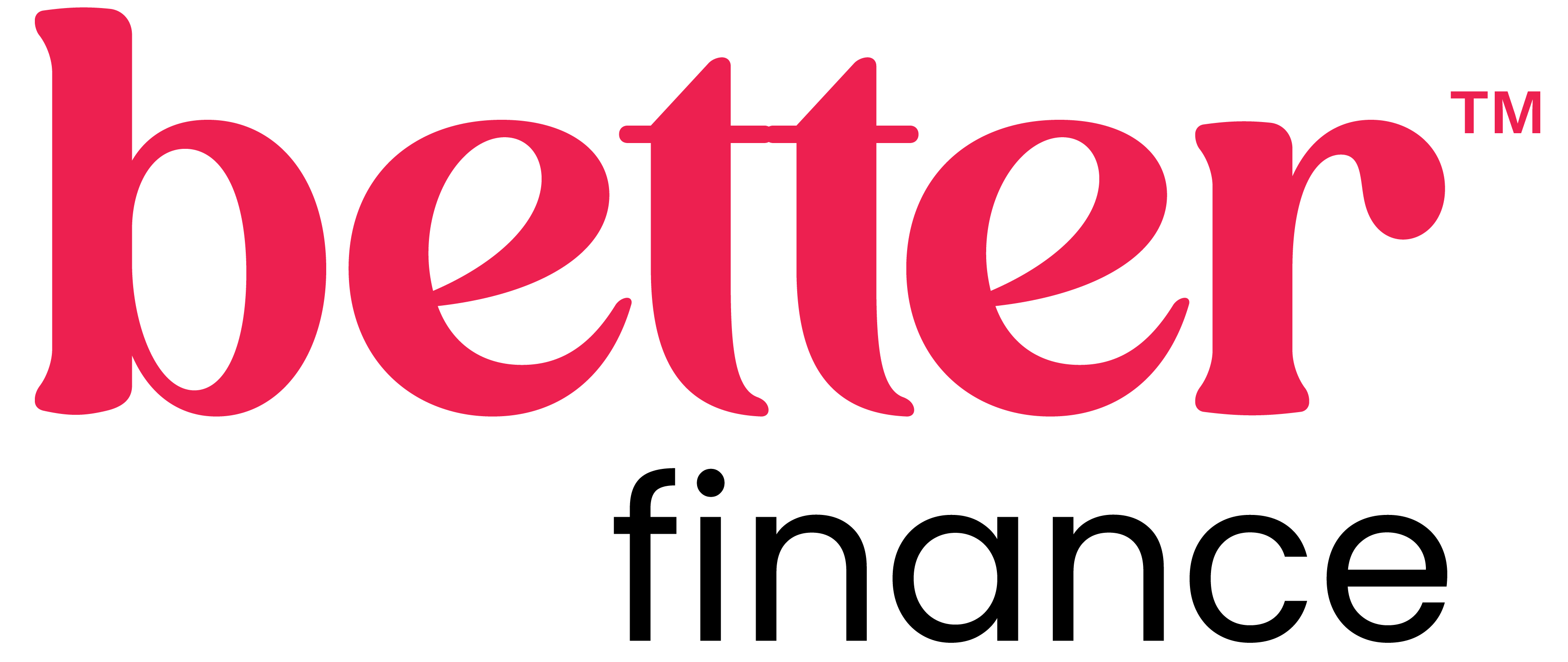
If you asked a group of people what their primary financial goals are, it’s a fairly safe bet that a number of them would say they wanted to pay off debt or save money.
But what if you want to do both?
Both saving money and paying down debt can make a big difference to your financial life, but it can be a challenge to work out which to prioritise at any point in time.
Here are a few things to think about.
Understand your financial situation
Everyone’s circumstances are different, and that means there’s no “one size fits all” answer to the question of whether it’s better to pay off debt first or save.
When you’re looking at your situation, you will want to take into consideration things like your income, expenses and outstanding debts. This will give you a clear picture of your current financial circumstances.
From there, you can consider your goals. Are you saving for a first house, putting money aside for retirement, or aiming for a different goal?
If you have short-term debt and long-term saving or investing goals, it may be relatively straightforward to decide to focus on clearing the debt first before you get to your goals.
But if your debt is longer-term or your savings goals are more immediate, you may have more trade-offs to weigh up.
Looking at your credit score and credit history can also help you to determine your current creditworthiness. Paying off debt can help improve your credit over time.
Create a budget
A budget may help you determine whether you have any additional funds available that could be put to either paying off debt or saving.
There are a number of apps and websites that can help you to put one together.
Make saving and paying off debt as non-negotiable as things like your rent or home loan and track your progress to ensure you are making the payments you set out to.
Reviewing your budget regularly will help you spot any opportunities to put a bit more money towards your goals if your spending or income changes over time.
Not all debt is equal
It will usually make sense to focus on paying off high-interest debt before you turn to lower-interest debt repayments or building your savings.
High interest rate debt is expensive to have around, and paying it off will save you money in the long term as well as improving your cashflow.
It is often most cost effective to focus on paying the most expensive (highest interest rate) debt first, then roll on to paying the next most expensive, until your debts are cleared. This can help lower your total interest bill.
It’s worth checking, though, that you do not encounter any additional fees if you make extra repayments or repay your loan early.
Don’t forget your emergency fund
An emergency fund is a really important tool to help keep your financial life on track – a savings account with an amount equal to three to six months’ worth of your income, that you can turn to if you encounter an unexpected expense.
This means you may not have to get into debt to cover it or find your plans go off track.
That might seem like a lot of money to come up with, but you can start building your emergency fund with small monthly contributions and direct any windfalls you get to the fund until it’s at the size you need it to be.
Balancing long-term savings goals with debt repayment
It can be easy to focus on the here and now of paying down debt and forget about your long-term savings goals.
But when it comes to things like saving for retirement or for a first home that’s still a few years away, you may shortchange yourself if you wait until your debts are cleared to start saving.
That’s because the power of compounding returns means investments you make earlier in your investing life have the potential to deliver larger returns over time. Investing a small, regular amount throughout your life will help you get to a bigger nest egg later on.
If you’re in KiwiSaver and have access to employer contributions, it may also make sense to maximise those.
Using debt consolidation to streamline repayment
If you have a lot of smaller debts, you might consider consolidating them into one new loan.
This can make them easier to manage from an admin perspective, and sometimes can save you money if you end up paying the loan back more quickly or are able to obtain a lower interest rate than your current debts are on.
You can consolidate debt by taking a credit card balance transfer or even extending your home loan. If you opt for that latter option, take care that you don’t spread your debt over too many years, because this can be an expensive solution even if the interest rate is lower.
Another way to consolidate is to take out a personal loan to roll your debts into one new loan. At better finance™, we can help with this, if it’s an option that might be right for you, it will be important to address your underlying spending habits, though, so that you don’t end up racking up new debt once your existing loans are consolidated.
Tips for increasing income to accelerate debt repayment and savings
Your spending is only half your budget equation.
The other way to potentially pay your debt off more quickly and put money into savings is to boost your income.
Could you take a second job, build up a side hustle or pick up some freelance work?
You might also be able to pursue opportunities for progression in your day job to build your income.
Sometimes, investing in career growth by pursuing a course of study or other opportunities to build your skills could pay off by boosting your long-term earning potential.
Seek professional advice for your debt and savings
A financial adviser may be an invaluable help in getting to grips with your current situation.
Depending on what debt repayment and investment goals you have, you could see a mortgage adviser to look at whether your home loan is structured efficiently or an investment adviser to talk about reaching your investment goals while juggling your other financial priorities.
We have a team of advisers at better finance™ who can help answer questions you have about your personal loans.
If you’re in a tough spot, you may also be able to access advice from financial mentors, who can help you to develop a budget and also approach your lenders and other support agencies on your behalf to advocate for you, if that is required.
The impact of interest rates on debt repayment and savings
When you’re paying down debt, interest works against you, but when you’re saving, it’s on your side.
Personal loans often have interest rates that are fixed for the term of your loan, but home loans and some savings accounts tend to have rates that move. When you have a home loan, your rate can be fixed or floating. But even if you opt for a fixed term, as most New Zealand borrowers do, you’re almost certain to see your interest rate change when it’s time to prefix.
One of the drivers of these movements is the official cash rate, which is set by the Reserve Bank.
Generally, the OCR is increasing when the economy is strong and the rate of inflation is increasing, and is cut the when economic growth is slowed.
In times of high interest rates, you may have the opportunity to maximise your savings balance with a higher rate of return, but you may also have more incentive to pay down your debts if your loan rate is likely to increase.
Celebrate your milestones
When you’re aiming for a goal, particularly one that is likely to take a while to reach, it’s important to acknowledge the progress you’ve made and your achievements.
This can be very motivating and help you stay on track.
Break your goals down into smaller steps that are achievable in a shorter time frame so that you’re not aiming to reach the top of your ladder in one leap but instead taking measured steps up.
Reinforce the positive decisions you make and positive habits you build through celebration.
Conclusion
As to the question of whether it’s better to pay off debt or build your savings, the answer will depend a lot on your personal circumstances.
If you’d like to talk about your debt, whether that’s taking out a new loan, debt consolidation, or managing the personal loans you have, get in touch with the expert team at better finance™. We’re here to help.
Disclaimer: Please note that the content provided in this article is intended as an overview and as general information only. While care is taken to ensure accuracy and reliability, the information provided is subject to continuous change and may not reflect current developments or address your situation. Before making any decisions based on the information provided in this article, please use your discretion, and seek independent guidance.





